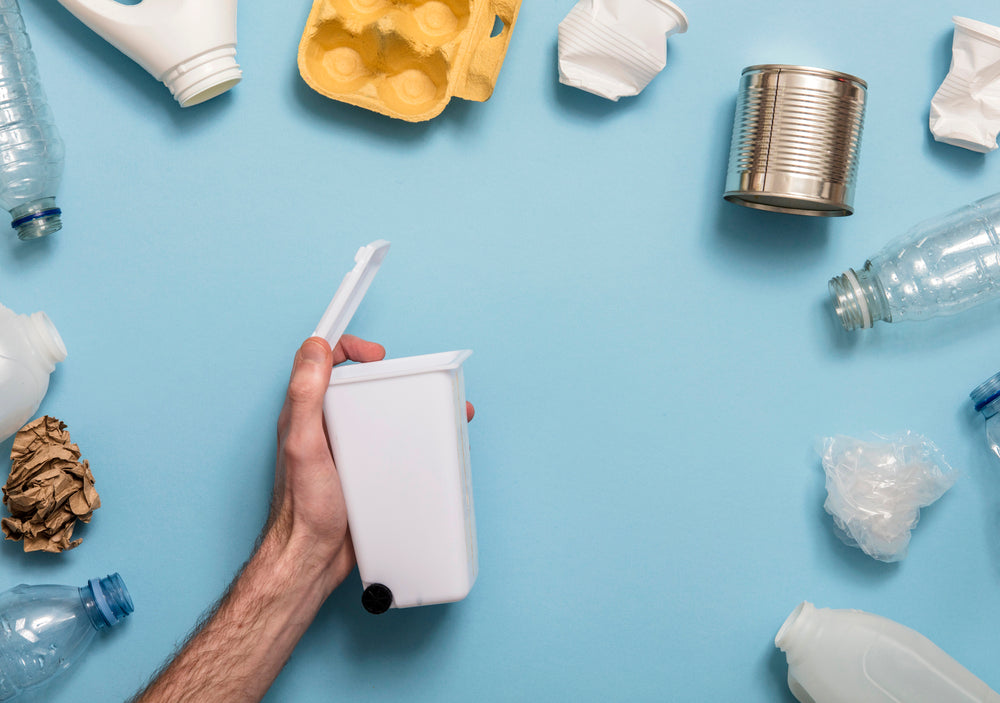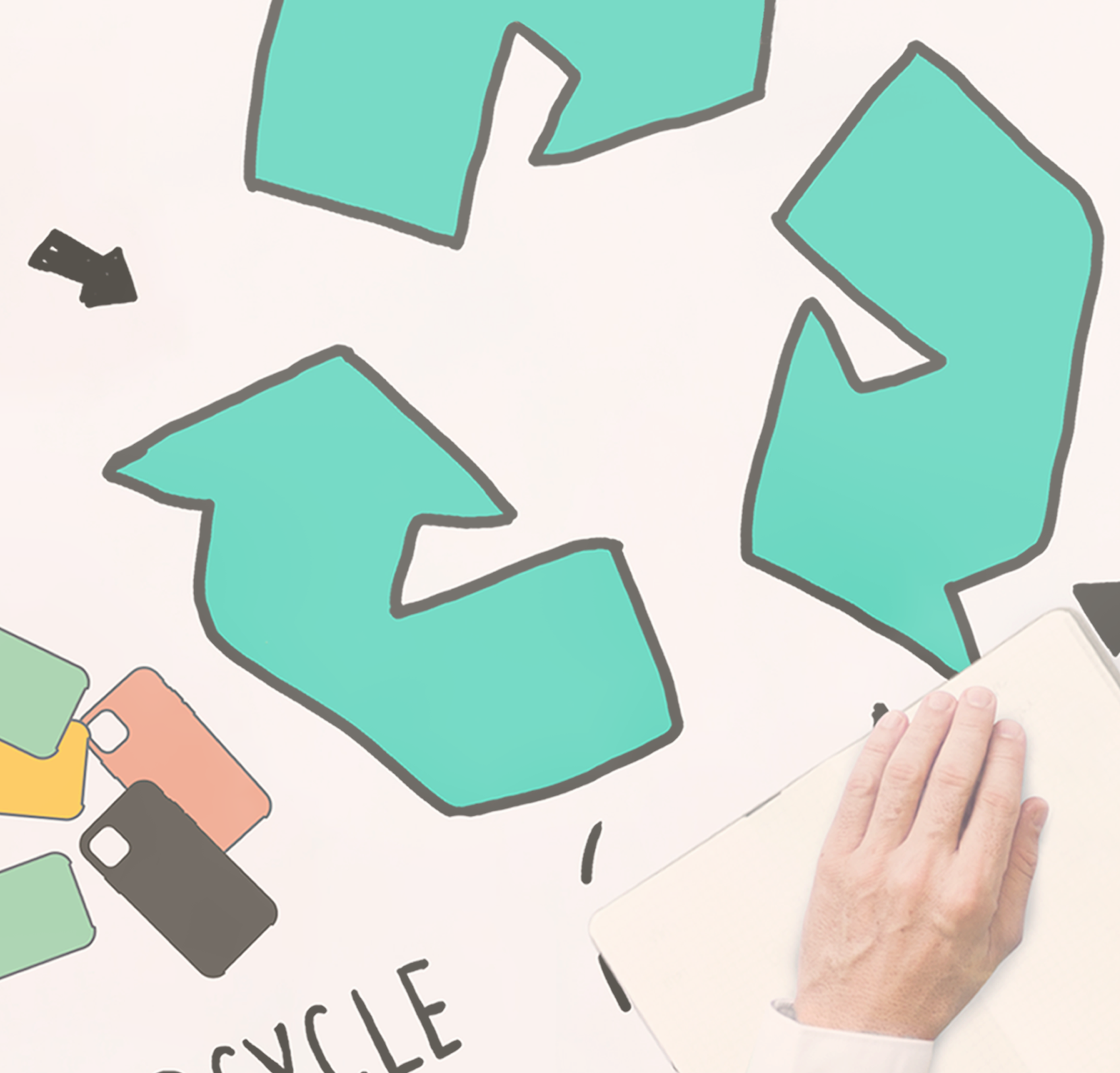To become greener with our consumption, one of the ways many of us now try to help the environment is by reducing our plastic waste. This is achieved by finding eco-friendly alternatives, recycling plastic packaging, or finding zero waste solutions. Every step we take in this direction helps to reduce the amount of plastic that ends up in our oceans or landfills.
One confusing aspect that has arisen from the commercialism of plastic alternatives is the difference between biodegradable and compostable plastics. Many people mistakenly think they’re the same thing but they’re actually very different. Here, we’ll help you understand those differences so that you can make an informed choice next time you buy a substitute for traditional plastic, which is made from petroleum.
Natural vs. controlled breakdown
In the simplest terms, biodegradable products break down naturally whereas compostable items need specific conditions to break down.

Biodegradable
Biodegradable products are decomposed over time by living organisms, such as bacteria or fungi. As nature takes its course, most things will biodegrade eventually, including plastic — it can just take hundreds of years. When a product is listed as being biodegradable, it means it will decompose in a landfill but not all manufacturers specify how long this decomposition takes.
Biodegradable plastics are eventually broken down into components such as water, carbon dioxide, and other substances. When buying plastics that have been specifically labeled as biodegradable, it’s important to check exactly how long the degradation process takes — is it months or years and how many of each? When you’re trying to be green when you shop, it goes without saying that the shorter time the better.
Compostable
Compostable plastics are those which can be broken down into compost in an industrial composting unit or in a backyard composter. Industrial composting is very different from the type of composting you may do at home, which involves decomposing organic materials into fertilizer.
Any compostable product needs certain conditions to break down in as it won’t always biodegrade when placed in a landfill. Therefore, don’t be mistaken into thinking that you’re being environmentally friendly by buying compostable plastic but then disposing of it normally — it won’t break down over time in a landfill. When industrial composting facilities are available, this type of plastic breaks down much faster than with the natural process for biodegradable plastic.
Either way, both biodegradable and compostable plastics are better for the planet than traditional plastics, which take hundreds of years to break down.
Toxic or non-toxic?
Another difference to think about is that biodegradable plastics, despite breaking down naturally, can leave a toxic residue behind. Many bioplastics contain harmful chemicals, such as phthalates, BPA, and cadmium. When buying bioplastics, check they are safe and free from harmful chemicals.
The requirements for compostable plastics, on the other hand, are that they must break down into water, carbon dioxide, and biomass without leaving any traces of toxic residue. Composting in an industrial facility may not be a natural process but it certainly provides completely natural results and faster ones at that.
Don’t confuse them with recyclable plastics
We’ve detailed the different ways biodegradable and compostable plastics are to be disposed of but it’s also important to understand that they’re not the same as recyclable plastics.
Recyclable plastics, as their name suggests, go to recycling plants to be made into new products. If you put your biodegradable and compostable plastics in the same recycling bin as them, you are doing more harm than good. This is because the plant has to then sort the waste to separate the different types and the wrong ones can actually contaminate the recyclable plastics.
Be eco-friendly with your choices
Now you know the differences, you can be far more confident when looking at plastics labeled as biodegradable or compostable. Make a great start to reducing plastic waste by using one of our eco-friendly mellow phone cases! Shop now




Leave a comment
All comments are moderated before being published.
This site is protected by hCaptcha and the hCaptcha Privacy Policy and Terms of Service apply.